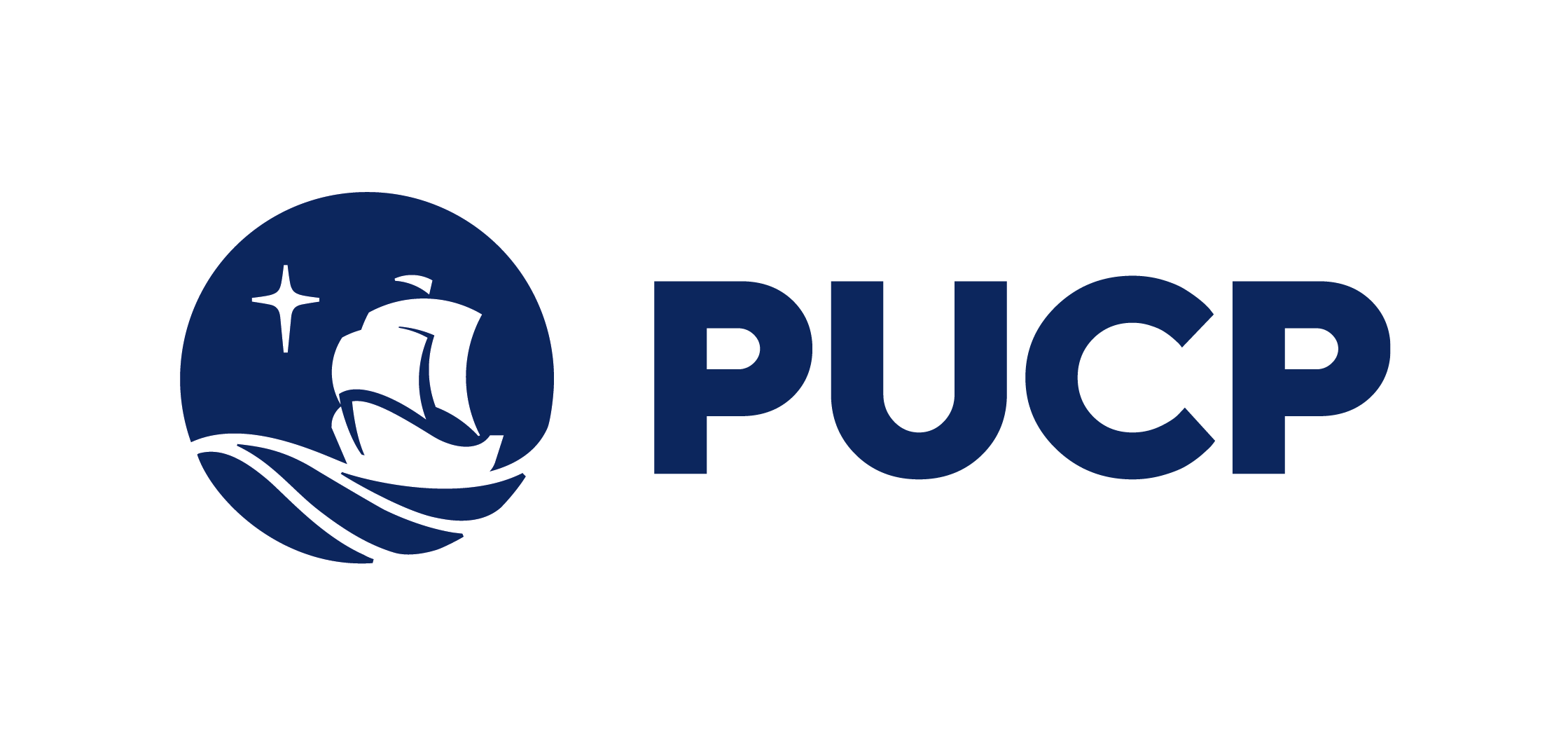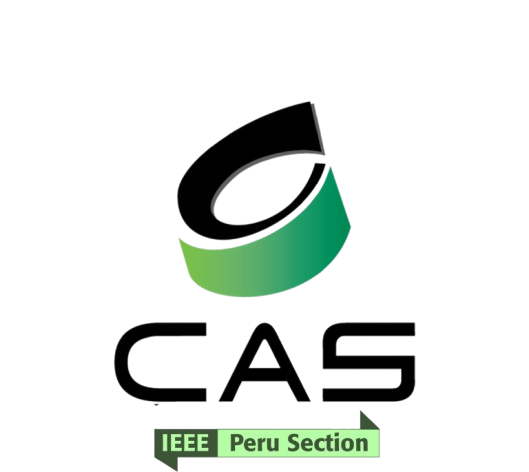
Welcome to LASCAS 2026
Arequipa, Perú
February 24-27, 2026
HERE YOU CAN REGISTER!
NOW AVAILABLE!
Venue and nearby accommodations!
NEW INFORMATION!
Indications and RecommendationsNEW INFORMATION!
About Arequipa
About Conference
IEEE Latin American Symposium on Circuits and Systems (LASCAS) is the international symposium and flagship event of the IEEE Circuits and Systems Society in Latin America.
Arequipa has a wonderful landscape and there are numerous points of interest in the Arequipa region. The Colca Canyon, twice as deep as the Grand Canyon in the United States, is situated in the province of Caylloma. The Cotahuasi Canyon is in the La Union Province. Colca Valley provides incredible close-up views of majestic Andean condors soaring in their natural habitat. Cotahuasi, at 3,535 metres, is thought to be the deepest canyon in the world. To the north near Andaguas lies the Valley of Volcanoes. Arequipa is also about 300 km from Titicaca Lake. The Monasterio of Santa Catalina is colonial building stands out among the crowded field of beautiful colonial architecture in Peru.
Accepted papers will be submitted for inclusion into IEEE Xplore subject to meeting IEEE Xplore's scope and quality requirements. Selected papers will be invited to submit an extended version (at least 50% extra material) for possible publication in the IEEE Transactions on Circuits and Systems I (TCAS-I) and IEEE Transactions on Circuits and Systems II (TCAS-II).
The symposium will cover technical novelties and tutorial overviews on circuits and systems topics including but not limited to:
- Analog and Digital Circuits
- Mixed-Mode Circuits
- Biomedical Electronics
- Communication/RF Circuits
- Wireless Sensor Networks
- Nanoelectronics
- Electronic Design Automation
- VLSI Systems and Applications
- FPGA Design and Applications
- Circuit Testing
- Fault Tolerant Circuits
- Circuits and Systems for Space and Nuclear Applications
- Circuits and Systems for AI
Organizing Committee
General Chairs
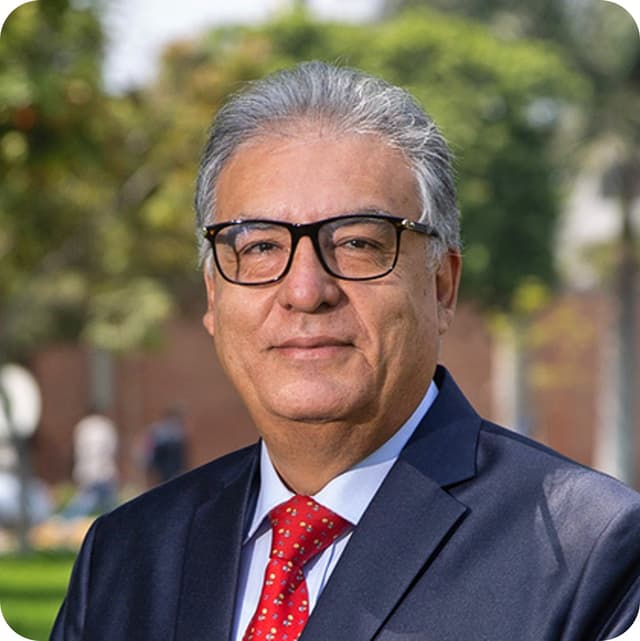
Carlos Silva Cardenas
Pontifical Catholic University of Perú
Perú
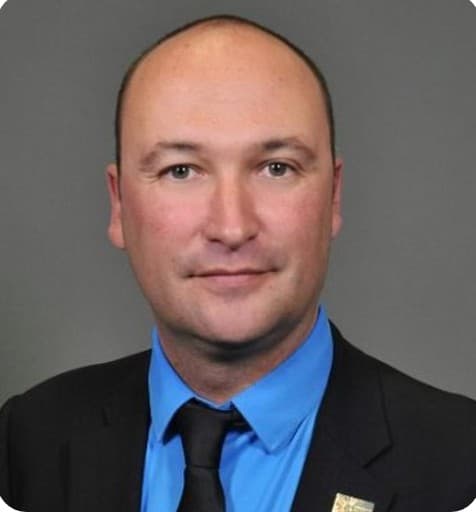
François Rivet
University of Bordeaux
France
Technical Program Chairs
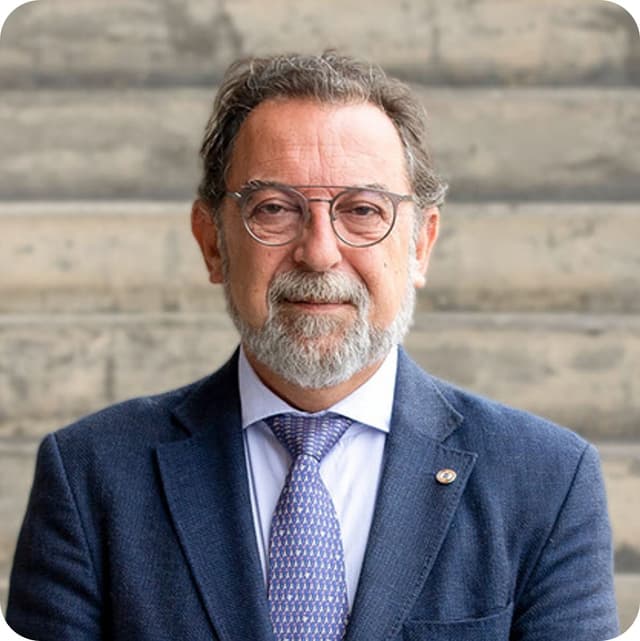
Manuel Delgado-Restituto
Institute of Microelectronics of Seville
Spain
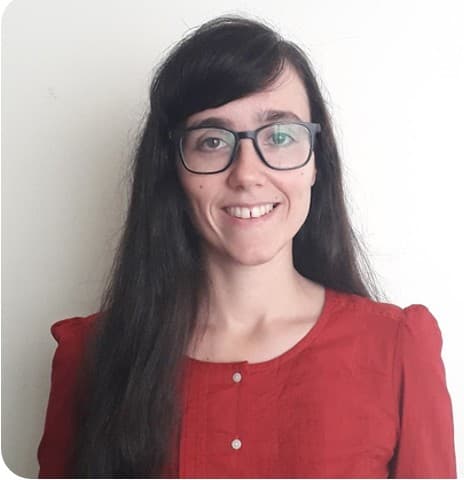
Mariana Siniscalchi
University of the Republic
Uruguay
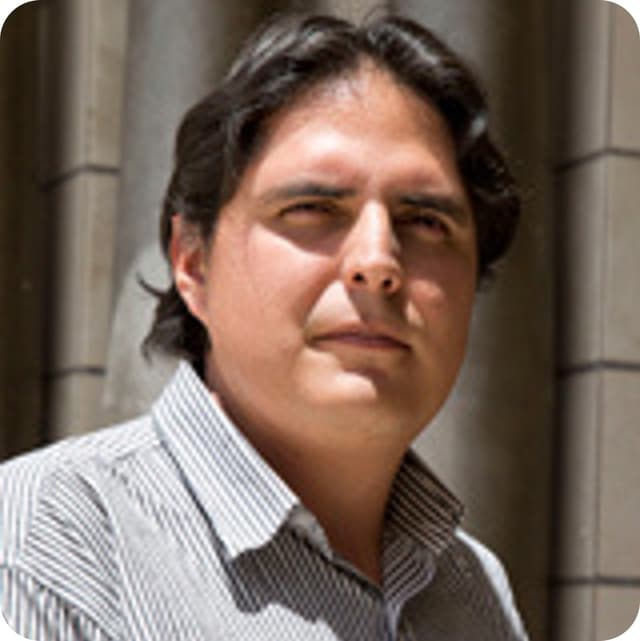
Luis Miguel Procel
San Francisco de Quito University
Ecuador
Tutorial, Workshop & Panel Chairs
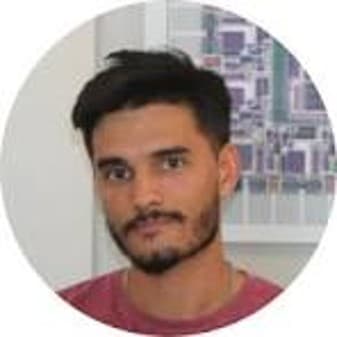
Agustín Galetto
National Technological University
Argentina
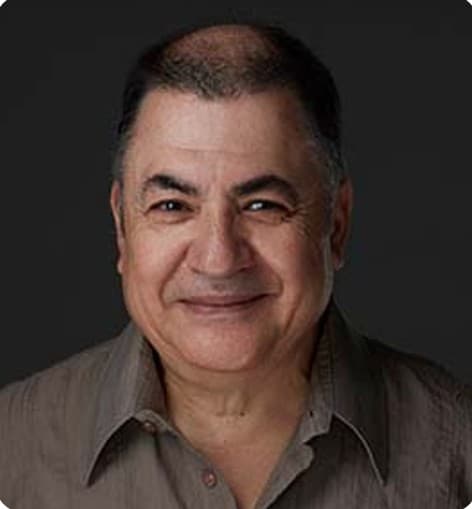
Mounir Boukadoum
University of Quebec
Canada
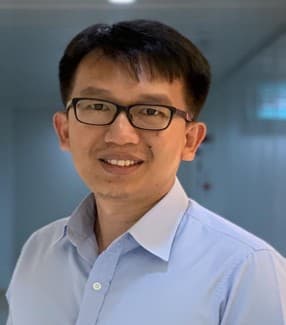
Fakhrul Zaman
Universiti Putra Malaysia
Malaysia
Special Session Chairs
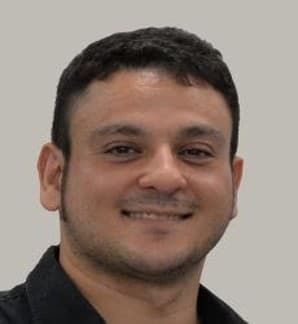
Orazio Aiello
University of Genoa
Italy
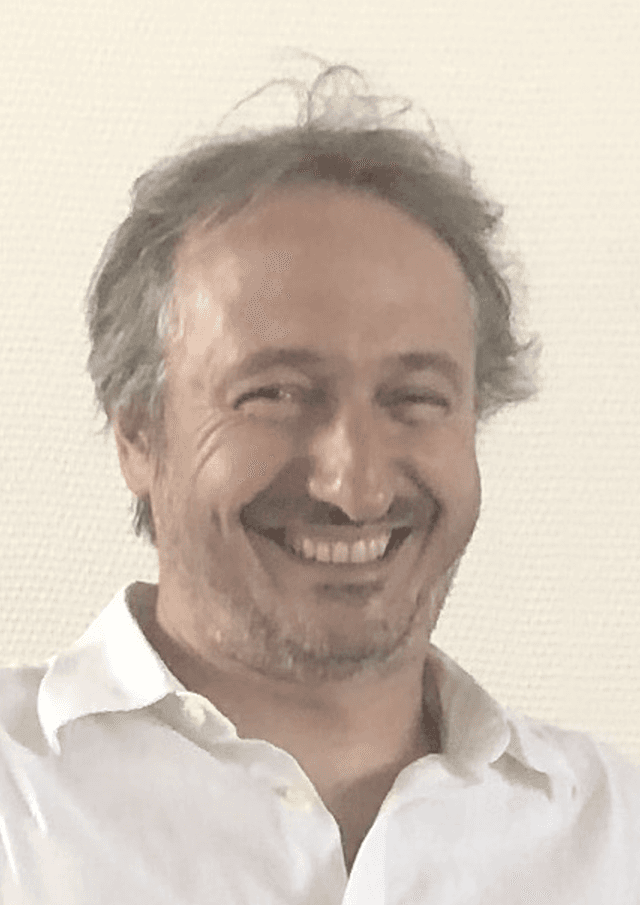
Sylvain Bourdel
Institute Politechnique Grenoble
France
Industrial Session Chairs
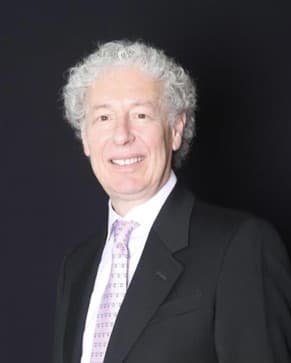
Víctor Grimblatt
Synopsys
Chile
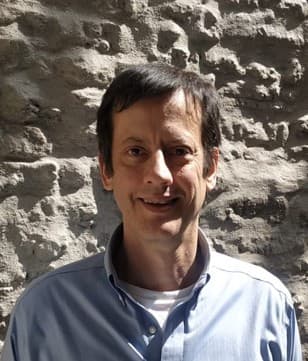
Alfredo Arnaud
Catholic University of Uruguay
Uruguay
Publicity Chairs
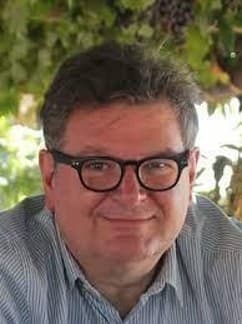
Ricardo Augusto da Luz Reis
Universidade Federal do Rio Grande do Sul
Brazil
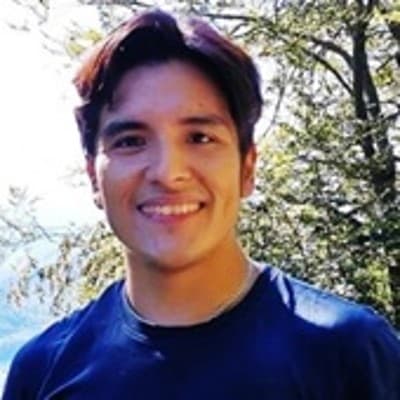
Cristopher Villegas
Ulm University
Germany
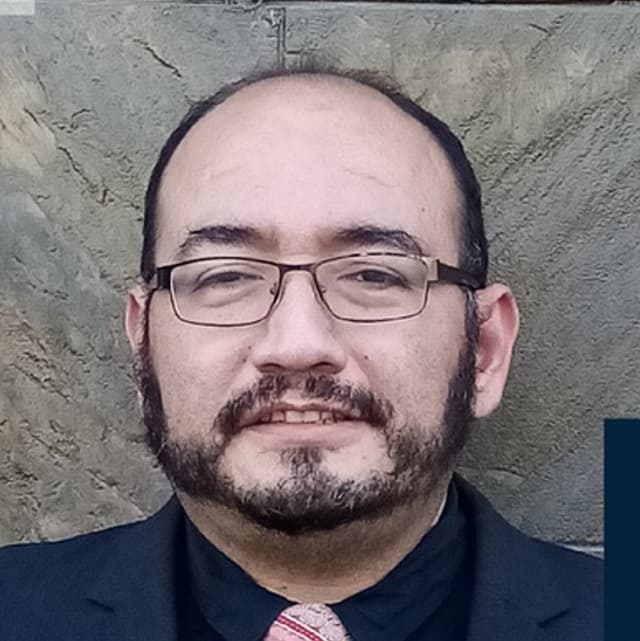
Mario Raffo
Pontifical Catholic University of Perú
Perú
International Advisory
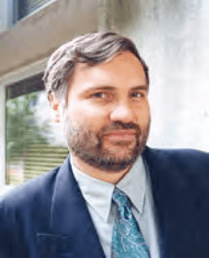
Sergio Bampi
Universidade Federal do Rio Grande do Sul
Brazil
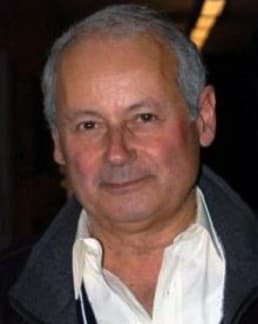
Andrei Vladimirescu
University of California at Berkeley
USA
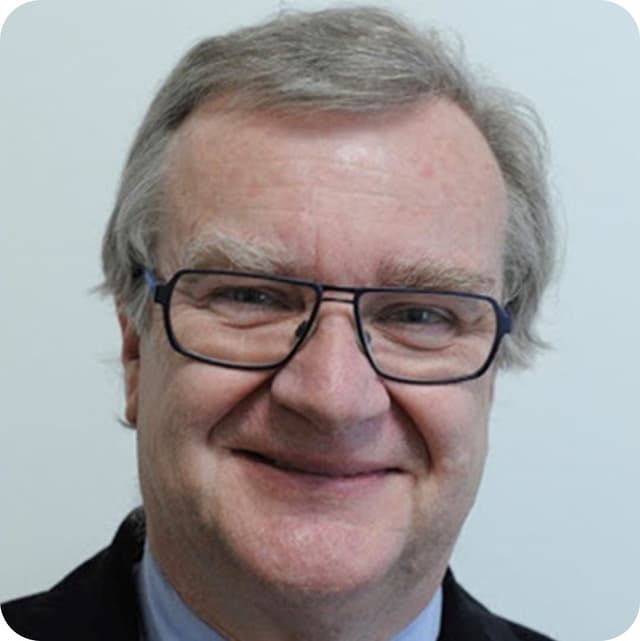
Maciej Ogorzalek
Jagiellonian University
Poland
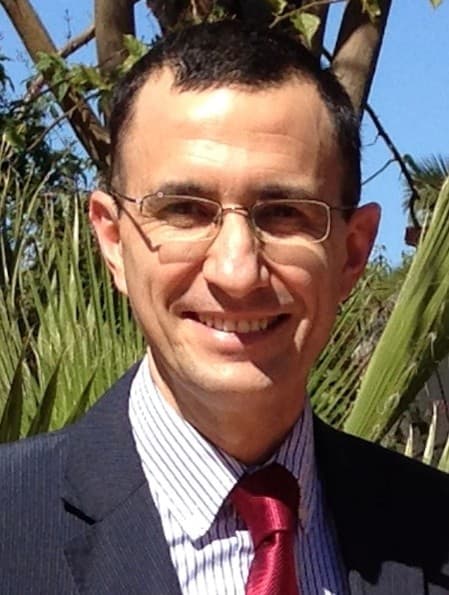
Jose M. La Rosa
University of Seville
Spain
WiCAS & YPCAS Chairs
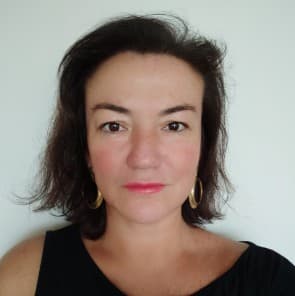
Fernanda Kastensmidt
Universidade Federal do Rio Grande do Sul
Brazil

Mario Raffo
Pontifical Catholic University of Perú
Perú
Registration Chairs
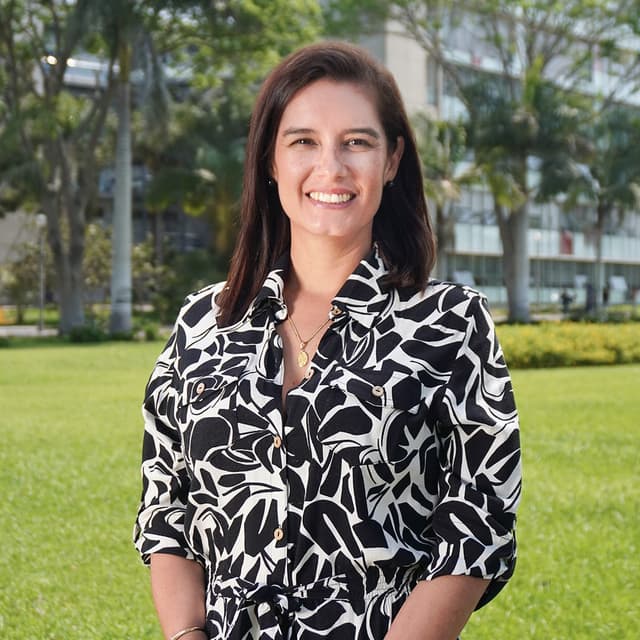
Nathalia Arriola
Pontifical Catholic University of Perú
Perú
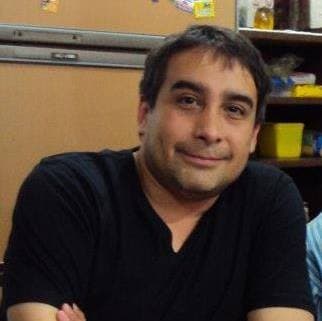
Walter Calienes
Pontifical Catholic University of Perú
Perú
Webmaster Chair
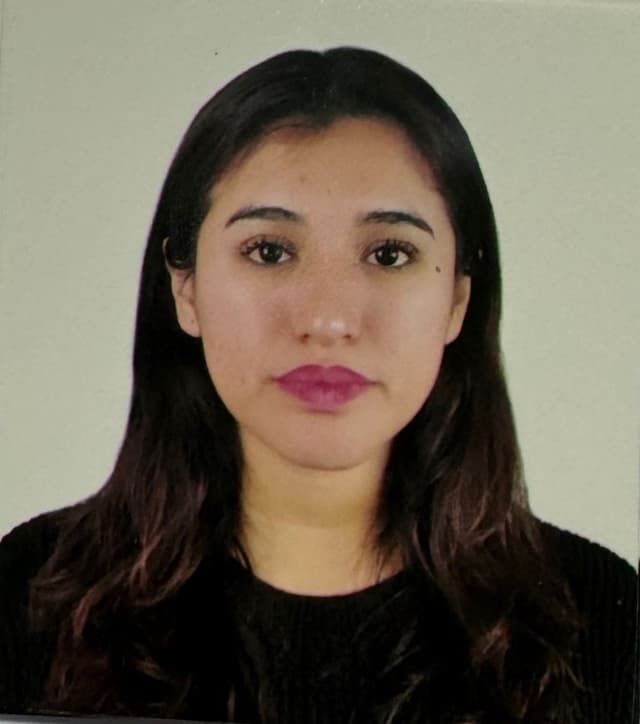
Mayte Giraldo
Pontifical Catholic University of Perú
Perú
Local Organization Chairs
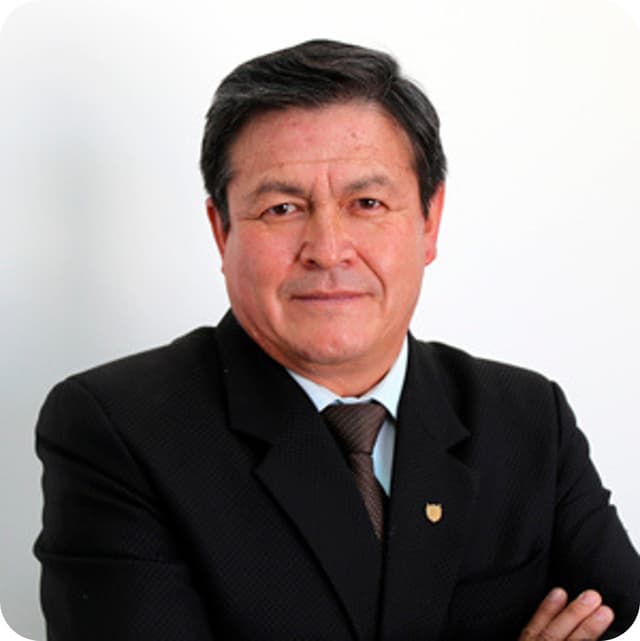
Mario Urrutia
Univ. Católica Santa María
Arequipa, Perú
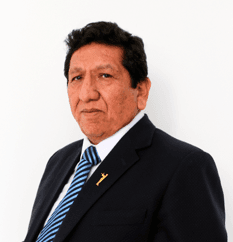
Mario José Valencia
Univ. Católica Santa María
Arequipa, Perú
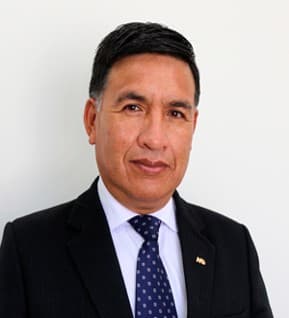
Juan Carlos Cuadros
Univ. Católica Santa María
Arequipa, Perú
Publication Chairs
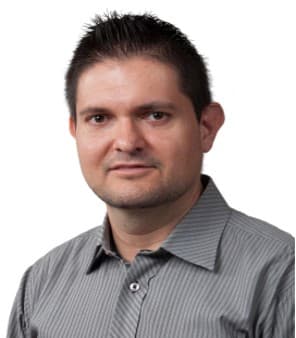
Jorge Iván Marín
Quindio University
Colombia
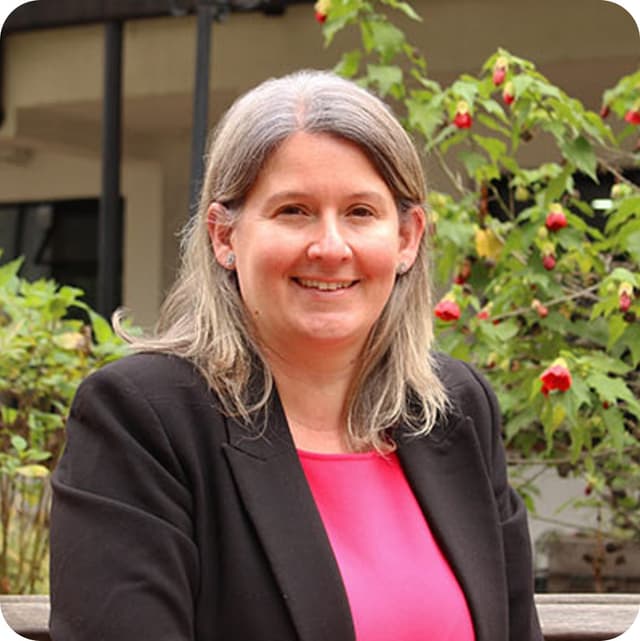
Lorena García
Central University
Colombia
Sponsors



Co-Sponsors


Organized by
